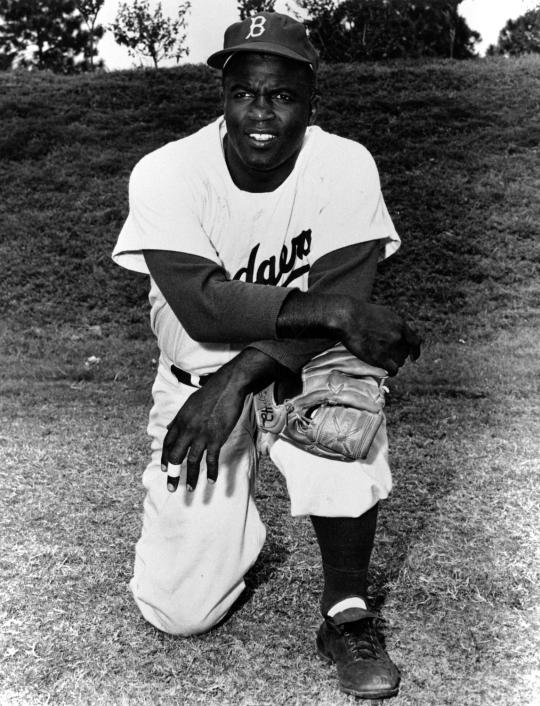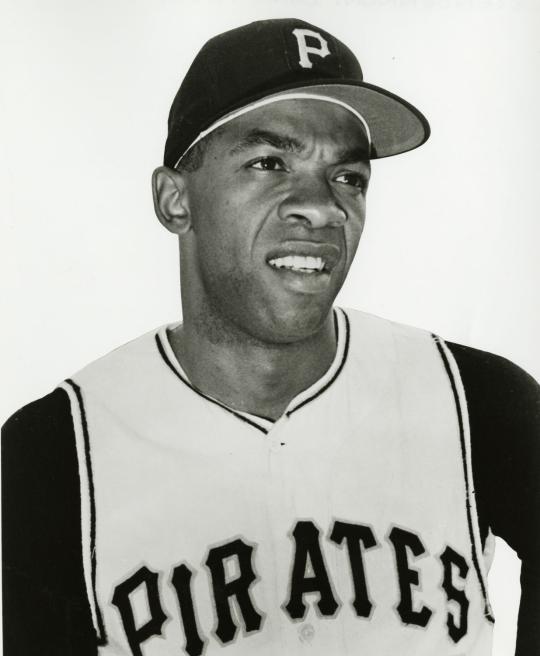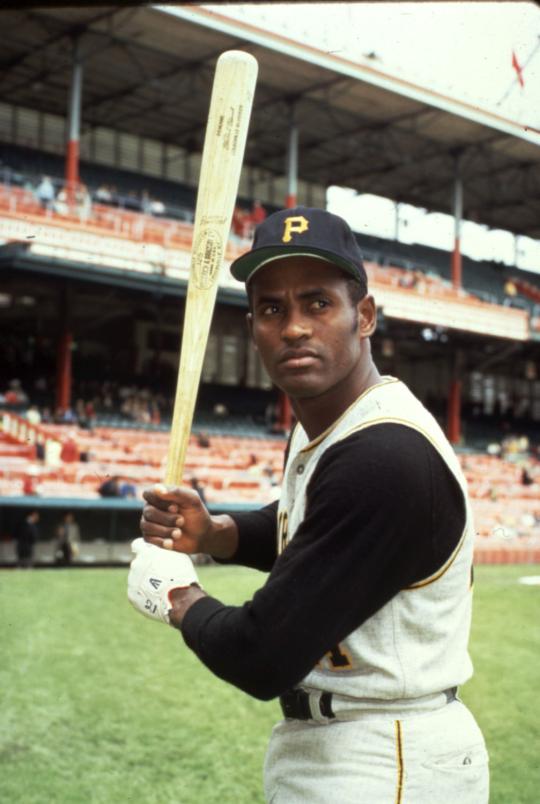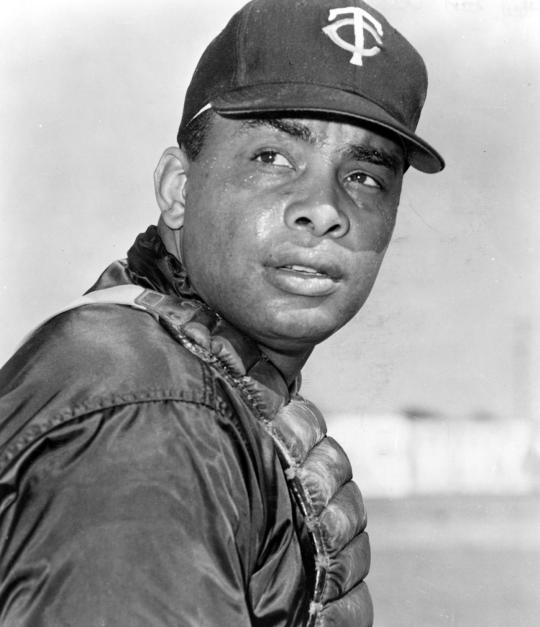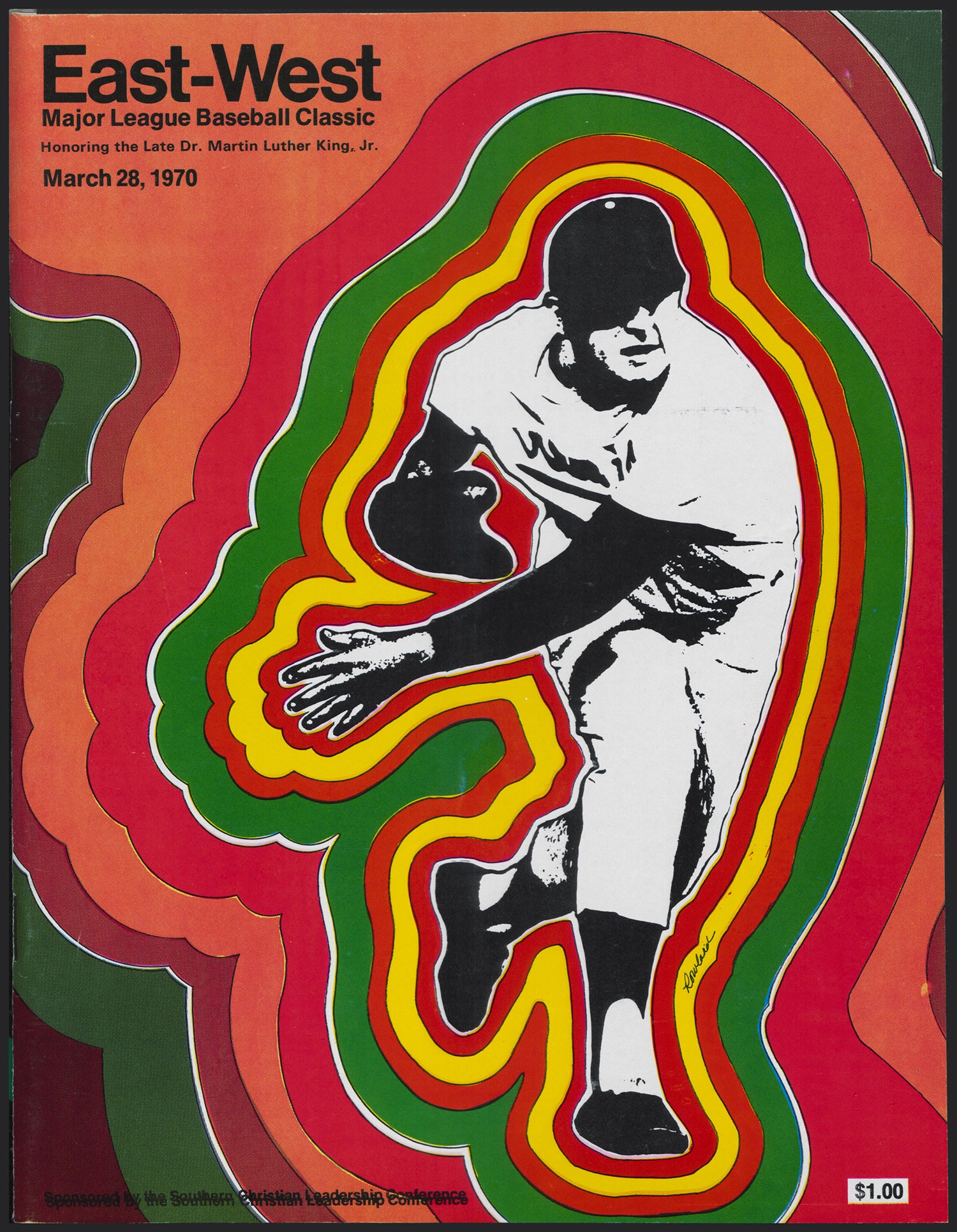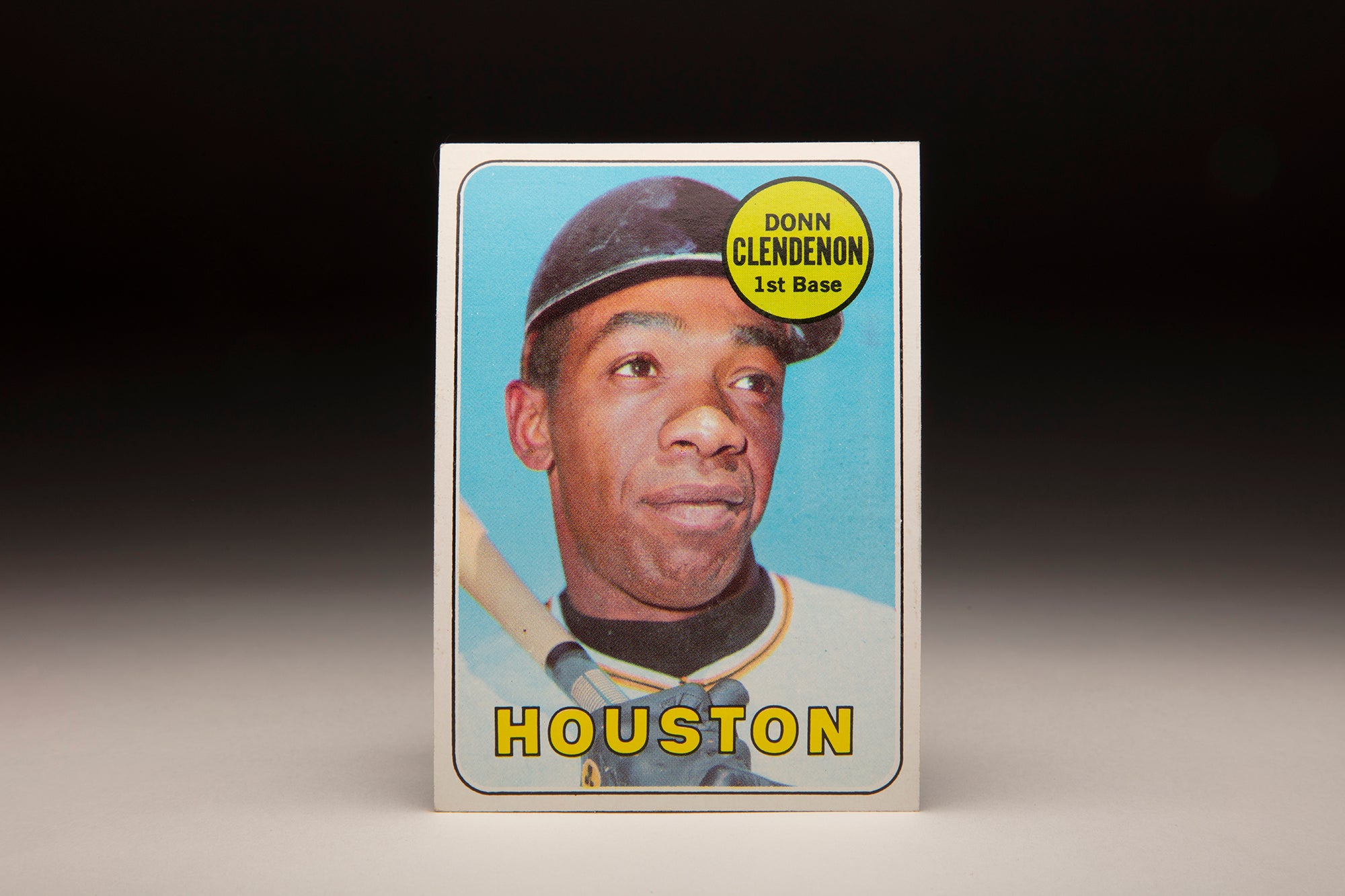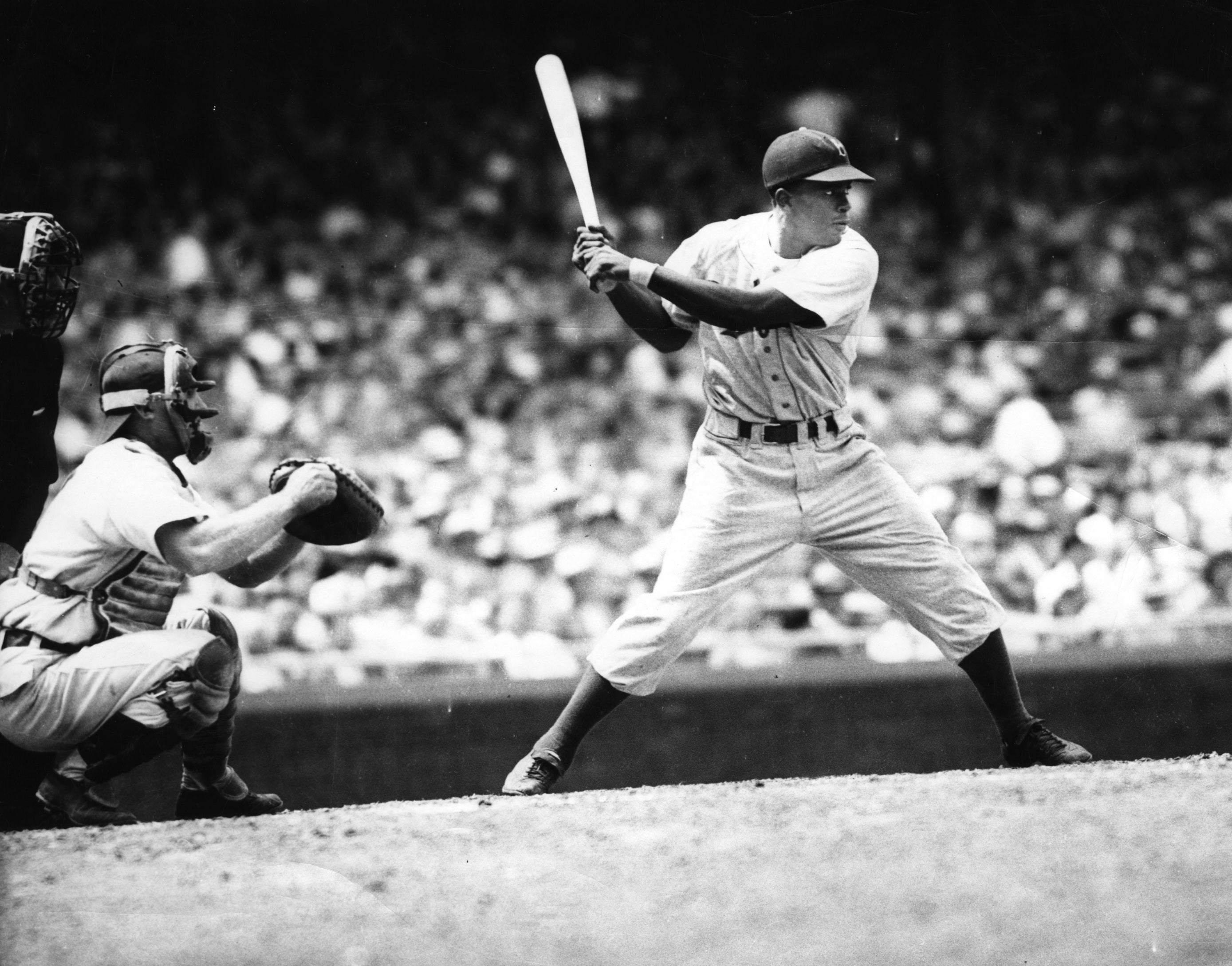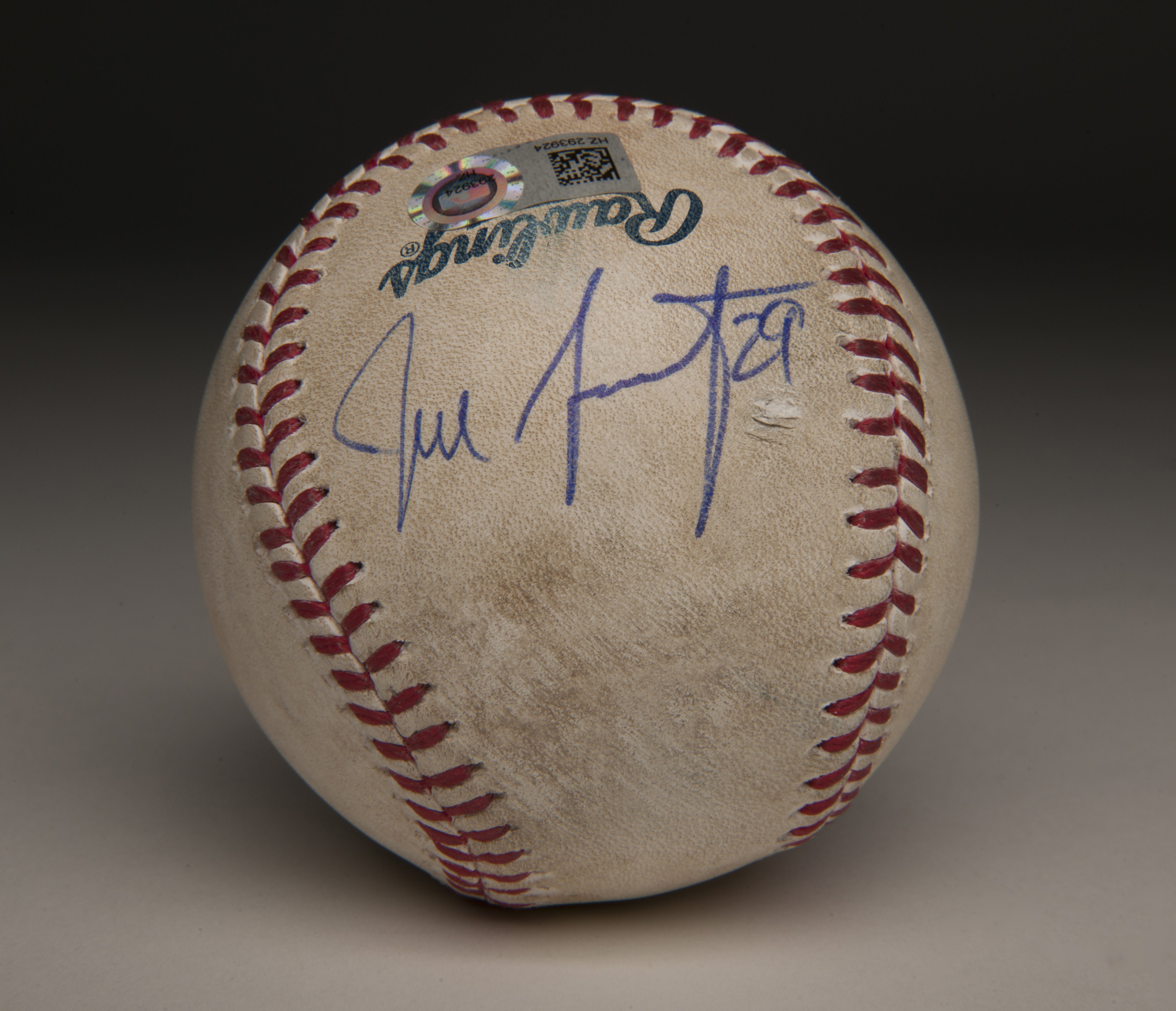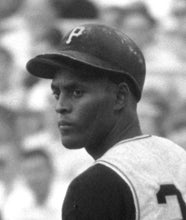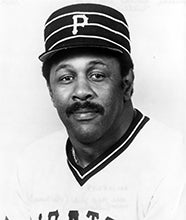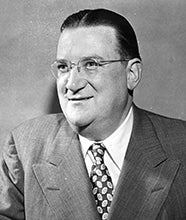- Home
- Our Stories
- National tragedy brought baseball to a halt for two days in 1968
National tragedy brought baseball to a halt for two days in 1968
The 1968 assassination of Rev. Dr. Martin Luther King Jr., a tragic event during an unforgettable year of turmoil for the United States, had numerous repercussions. And big league baseball was not exempt.
The horrific episode led the National Pastime to take the unprecedented step – not even seen during two world wars – of delaying the start of the big league season for two days of mourning.
Hall of Fame Membership
There is no simpler, and more essential, way to demonstrate your support than to sign on as a Museum Member.
Gunned down by James Earl Ray outside a Memphis motel room on April 4, 1968, the civil rights leader was only 39 years old. Dr. King’s death set off rioting in dozens of cities across the country.
“I am concerned about repercussions. I can’t imagine people taking this kind of attitude,” said Hall of Famer Jackie Robinson, the man who broke the color barrier in baseball in 1947, from his Stamford, Conn., home on the night of King’s death. “It is the most disturbing and distressing thing we’ve had to face in a long time.”
A day after Dr. King’s death, players with the Pittsburgh Pirates began a series of meetings that ultimately resulted in the team letting management know they didn’t feel they could play their two opening games of the season, April 8 and April 9, in Houston against the Astros.
It was at the initial team meeting that the players agreed to stand as one and not play.
“We feel we cannot play these games out of respect to Dr. King, since we have the largest representation of Negroes in baseball on the Pirates,” Donn Clendenon explained.
The Pirates had 11 Black players on their 25-man opening-day roster, a list that not only included Clendenon and eventual Hall of Famers Roberto Clemente and Willie Stargell, but also Al McBean, Juan Pizarro, Bob Veale, Jose Pagan, Maury Wills, Matty Alou, Manny Jimenez and Manny Mota.
“We are doing this because we white and black players respect what Dr. King has done for mankind,” Clemente and Dave Wickersham said in a joint statement. “Dr. King not only was concerned with Negro or whites, but also with poor people. We owe this gesture to his memory and his ideals.”
Clendenon had known the slain civil rights leader for almost half his life – the first baseman having attended high school in Atlanta where Dr. King was born and served as a pastor. “My father took me to meet Dr. King when I couldn’t make up my mind about college,” Clendenon recalled to the Pittsburgh Press a few days after the assassination. “I had athletic scholarships from UCLA and Michigan State but my dad, a Morehouse College graduate, wanted me to go to college at home in Atlanta. “Dr. King was also a Morehouse alumnus and he convinced me to go to college there. I took an academic scholarship although I played all sports.”
Deeply moved by Dr. King’s death, Clendenon said he considered him a close friend.
“I didn’t belong to his church in Atlanta but we talked a great deal,” Clendenon said. “What do I remember about him? He was calm, passive, tolerant and a man of strong convictions. It was his understanding of a problem and the way he approached it that brought results.
“He was a great leader and the people respected him and believed in him. His finest role was in his ability to calm unrest.”
The original major league schedule had the season starting on April 8 with three games – Minnesota Twins at Washington Senators, Chicago Cubs at Cincinnati Reds and Pirates at Astros. The majors also moved back the entire eight-game set for April 9 – the day of Dr. King’s funeral. Instead, all 20 teams opened their season on April 10.
In deference to the memory of the late Dr. King, Senators business manager Joseph Burke said: “We feel that such a gala occasion as a baseball opener would be in conflict with the shock all of us have experienced with the death of Dr. King.”
Commissioner William “Spike” Eckert and the league presidents, Joe Cronin in the AL and Warren Giles in the NL, left it up to individual teams whether to postpone games.
“The American League regrets most sincerely the events of recent days,” said Cronin, “and out of deference to the memory of Dr. Martin Luther King, concurs most fully in the postponement of the longstanding Presidential Opener scheduled for Monday in Washington.”
The Reds also called off its traditional NL opener, complying with Cincinnati Mayor Eugene Ruehlmann’s call for a “Day of Commitment.”
The Los Angeles Dodgers, who were scheduled to open their season hosting the Philadelphia Phillies on April 9, were initially reluctant to reschedule despite their opponent’s impassioned reluctance due to Dr. King’s funeral being held the same day.
“Under the rules, the game can be forfeited and we could be fined,” said Phillies General Manager John Quinn said. “But we have made our final decision. We will not play.”
According to Quinn, the players had nothing to do with the team’s “irrevocable” decision.
Buzzie Bavasi, the general manager of the Dodgers, said the team talked to a pair of Black men in the organization, centerfielder Willie Davis and coach Jim Gilliam, before initially deciding to play the game.
“They said they felt that as long as the game would not be played before Dr. King’s interment there was no sense in cancelling it,” Bavasi said. “Davis and Gilliam told me they would do their mourning in church Sunday and Monday.”
Belatedly, the Dodgers made it unanimous when on April 9 the franchise announced they, too, would postpone their season opener after a meeting between their president, Walter O’Malley, Quinn and Giles.
Besides baseball, the entire sports landscape was brought to a standstill in deference to Dr. King’s death, with postseason games in the National Basketball Association, the American Basketball Association and the National Hockey League postponed during this period.
Longtime catcher Earl Battey, a Black ballplayer who had retired after the 1967 season, said he had met Dr. King in 1963 after the 16th Street Baptist Church bombing in Birmingham, Alabama.
“Now he’s gone and all I hope is that he didn’t die in vain. I hope people will sit down and realize what has happened simply because of an inability to understand each other,” Battey said. “It’s funny how so many other boundaries have been broken in this world but this one boundary still prevails. It’s funny and it’s tragic.”
Civil disorder around the country, from Washington, D.C. to Detroit, Chicago to Cincinnati, led to a pair of Orioles, shortstop Mark Belanger and pitcher Pete Richert, as well as shortstop Eddie Brinkman of the Senators, to leave their teams and report for military duty with their National Guard units. Despite the ongoing unrest in the streets in several big league cities, attendance for the 10 opening games on April 10 totaled 267,125 as compared with 271,059 in 1967.
Bill Francis is the senior research and writing specialist at the National Baseball Hall of Fame and Museum

